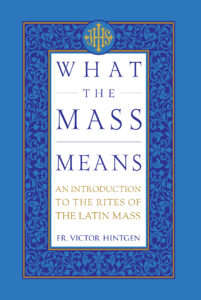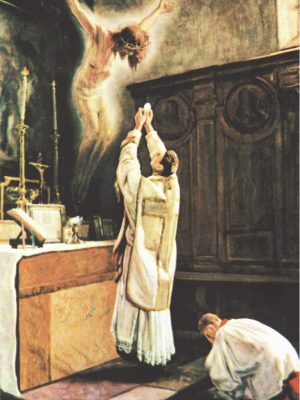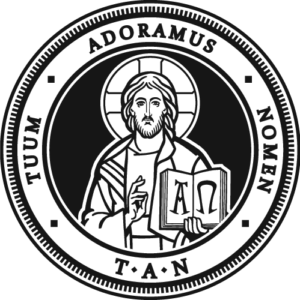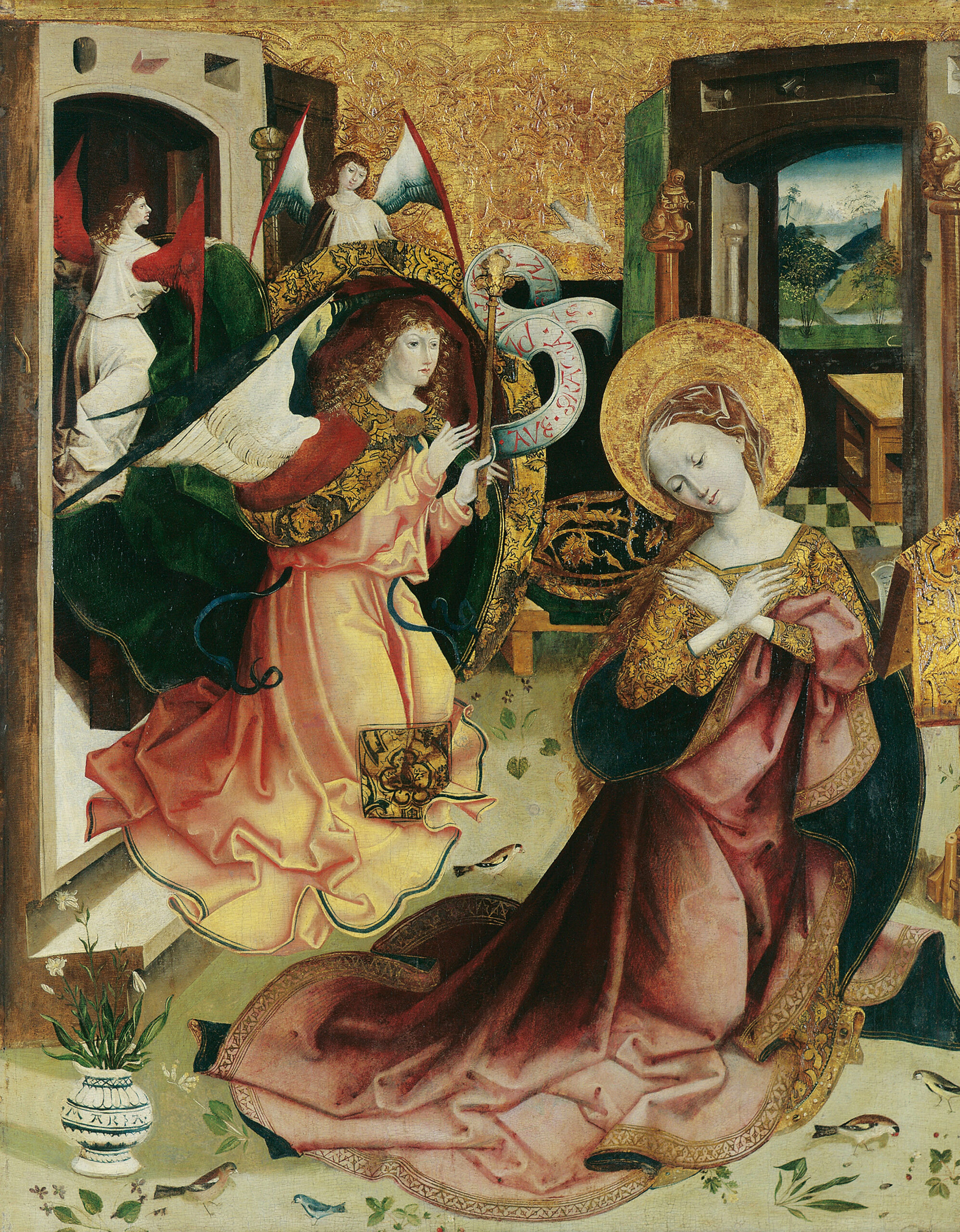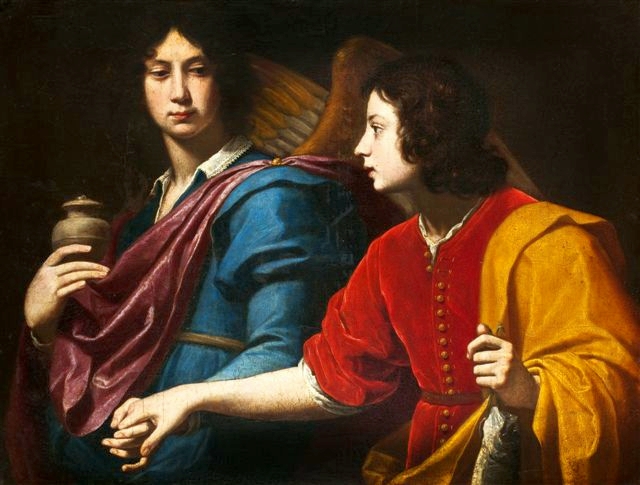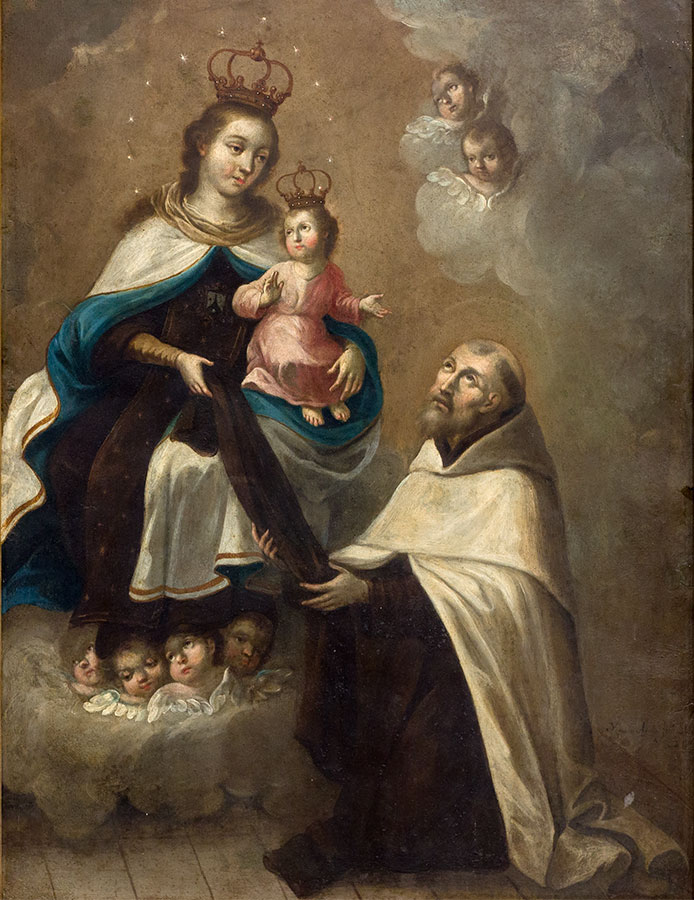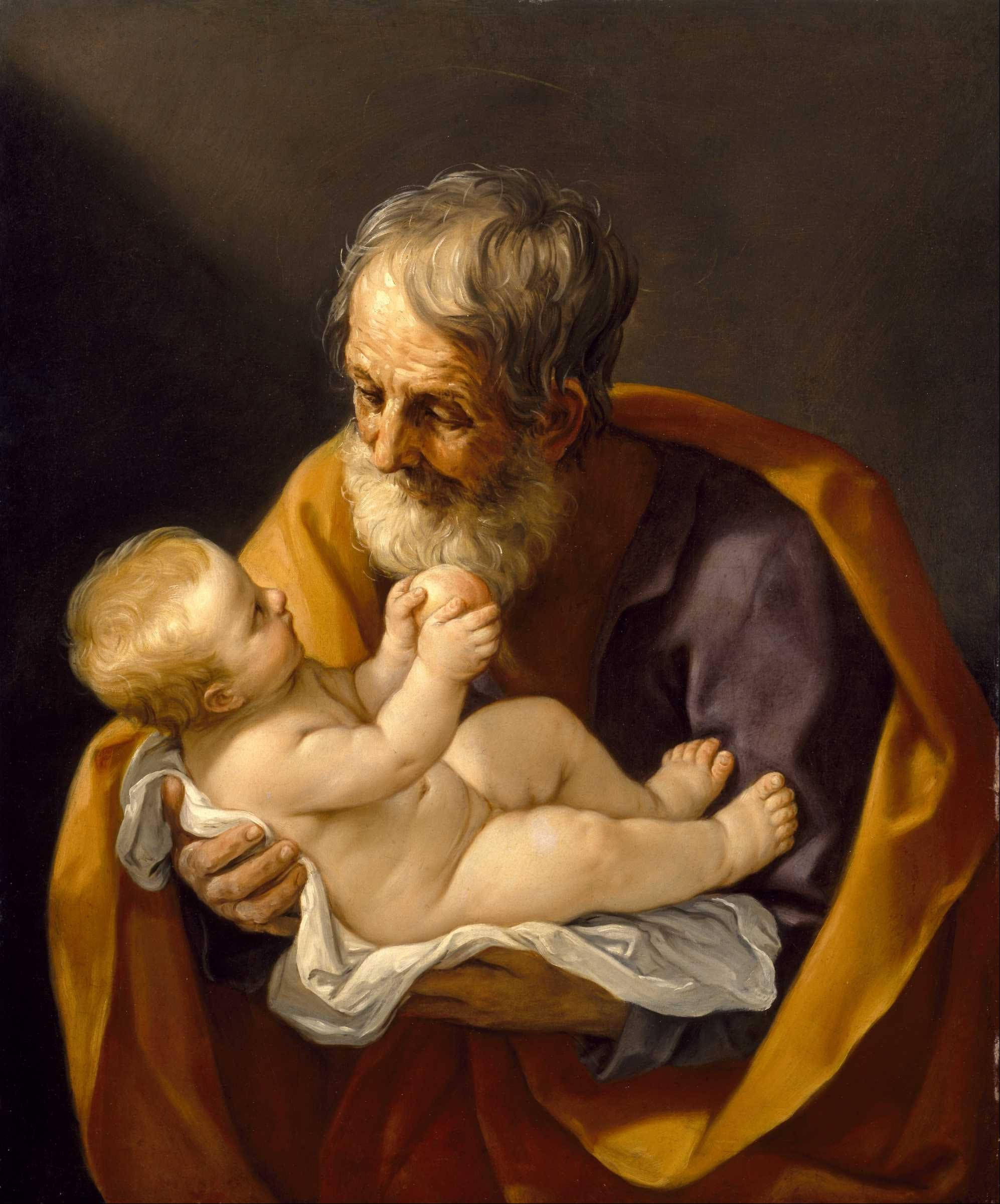We have considered the prayers and the ceremonies of the Mass. Now, let us repeat a few of the essentials of the Mass. These must never be forgotten, and must always be present in mind at our attendance at the Holy Sacrifice.
The Mass is the sacrifice of Christ; it is the continued renewal of Calvary; it is making Christ present as victim, the Lamb of God. It is the distribution of the graces the Redeemer won for us on Calvary. On the Cross, Christ offered Himself to His Heavenly Father in a bloody manner; here, on the altar, He renews that offering in an unbloody manner. How? In the very fact that He becomes present at the Consecration, He becomes present as the Victim slain and offered on Calvary: He (Christ) thereby expresses His acts and words of atonement, obedience, resignations, love, sorrow for our sins, etc. God sees under the veil of bread and wine the death of Christ; sees Christ the Victim, the Lamb of God, and accepts the Son’s prayers and acts of repentance, adoration, praise, thanks, etc., on behalf of the people. Christ, if we ask Him, speaks for us.
The word “sacrifice” usually confuses us; it seems hard to grasp and understand. Let us think of it simply as a gift to God to show our sorrow, thanks, praise, need and adoration. Sacrifice is a token-payment to God of our debt to Him. Parents give gifts to their children, and children give gifts of some sort to their parents. Friends give presents to friends; lovers to their sweethearts. We send flowers, candy, books, jewelry, etc., on birthdays, deaths, weddings. Why? “Actions speak louder than words.” Gifts, externally given and received, represent, express the interior feelings and sentiments. Gifts are symbols of love, sorrow, thanks, etc. They are the spokesmen of the heart and soul.
In St. Matthew’s Gospel (2:11), the three wise men from the East “found the Child with Mary his Mother, and falling down they adored Him; and opening their treasures, they offered him gifts: gold, frankincense and myrrh.” The gifts spoke the faith, adoration, thanks, humility, etc., of the Three Kings.
We owe a fourfold debt to God as our Creator, Sanctifier, Protector, Reward—our Highest Good. It is a debt of sorrow, thanks, petition, and adoration. We can begin to pay this debt with prayers and a good life. With a gift, the Sacrifice of the Mass, of Christ, we can make fitting payment. In the Mass we ask God to accept the payment of His Son in whom the Father was well pleased. In attending and following the Mass, we ask Christ, present as a Sacrifice on the altar, to pay our debts to God, the Father. And He does.
This article is taken from a chapter in What the Mass Means by Fr. Victor Hintgen which is available from TAN Books.
